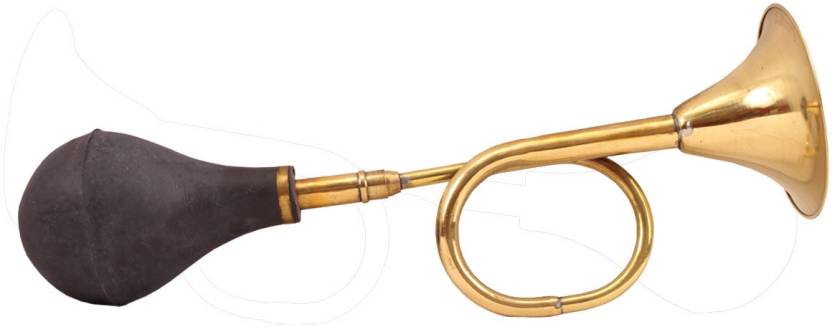Human beings are strange animals. One of our oddest traits is the belief that certain objects are made not of earthly or man-made materials, such as iron, carbon, cotton, or paper, but of fucking magic.
Some items are thought to bring us good luck, such as horseshoes, or rabbits’ feet, or particular types of coin, whilst other things, such as wood (when touched), or salt (when thrown over the shoulder), are thought to ward off bad luck. Not only that, but combinations of apparently unrelated items are either thought to bring about very, very bad luck (new shoes on the table, walking under ladders), or signs of impending very, very good luck (bird shit on the shoulder, black cats crossing your path).
Then, of course, there are the other items, such as a fridges, that are seen simply as white boxes that keep stuff cold and are not thought to contain any magic properties at all. Although, in the case of fridges, the question of whether or not the light goes off when you close the door remains a mystery.
It’s all very odd and arbitrary. But in Birmingham, as you’d expect, things are every-so-slightly different.
Whilst we Brummies might hold with some of those strange superstitions and beliefs, what sets us apart is that we also, as the accounts in this series of 101 things more than capably demonstrate, have long been in the business of creating, with our enquiring minds and ingenious hands, what others around the world perceive to be magic.
Take, for example, the Brummie engineer, Oliver Lucas: In 1910, he invented the car horn, and that is the perfect example. Here are some things it can do:
- A quick and cheerful double-toot of the horn at 5am can alert your mate that you have arrived to pick him up, but it won’t wake up every single dog and baby along the same street.
- If a section of the working population is engaged in industrial action, you can directly support their strike by honking your horn as you drive past them on your way to your own place of work.
- It can tell a person walking down the street in a totally non-creepy way that you, as luck would have it, are indeed free this Friday night and that, yes, you would love to take them out in order to get to know them better.
- Despite only emitting a harsh, single tone, your horn is nevertheless capable of playing along in tune with the record currently playing on the car radio. Owners of multi-tonal, novelty horn sounds believe other people think they are cool, which amounts to the same thing.
Perhaps most magically of all: The car horn is capable of clearing that traffic jam in front of your vehicle and the magic properties of the horn grow exponentially if everyone in the same jam joins in.
In fairness to Lucas, of course, none of this rampant bellendery is his fault. He originally invented the horn as a safety measure, having foreseen the inherent danger of giving idiot humans access to powerful and heavy moving metal things. Indeed, more than just a whiff of Lucas’s original intention can still be seen enshrined in The Highway Code, Rule 92, which pertains to use of the horn:
Use only while your vehicle is moving and you need to warn other road users of your presence. Never sound your horn aggressively. You MUST NOT use your horn while stationary on the road [or] when driving in a built up area between the hours of 11.30 pm and 7.00 am, except when another vehicle poses a danger.
Brummies, as has been discussed elsewhere in this book, have a somewhat unique approach to road use, and I’m just as bad, so I’d like it to be noted before I continue that I’m not lobbing stones from my greenhouse here. However, I’m sure that we can all agree that the paragraph above would probably account for less than 1% of global car horn use, and that the other 99% is just people being dicks.
So, just like nuclear missiles, heavy metal, and Tennis, the car horn is yet another Brummie invention that grew dangerous teeth once the rest of the world took it to their hearts. Yet again, we are left feeling like Charlton Heston at the end of Planet of the Apes, weeping as we see a beautiful creation destroyed by the madness of other men.
It’s worth pointing out that Lucas was simply building on an existing Brummie tradition of inventing things that politely told people to get the fuck out of your way when you were operating transport machinery at speed. It was here, in 1877, that John Richard Dedicoat, an apprentice of James Watt invented the direct predecessor to the car horn: the bicycle bell. And look at how annoying some people have become once armed with that.
Dedicoat, incidentally, also invented the pencil sharpener, a contraption that was useful to many, but in particular to the traffic policeman and parking wardens whose functions came into being primarily to curb the selfish transgressions of vehicular knobends the world over. In other words, Dedicoat helped to solve the problem he inspired his fellow Brummie to inadvertently contribute to the creation of.
And that, right there, is further evidence of our collective, creative genius and time-hopping, 360 degree thinking that proves we Brummies do indeed think of everything.

